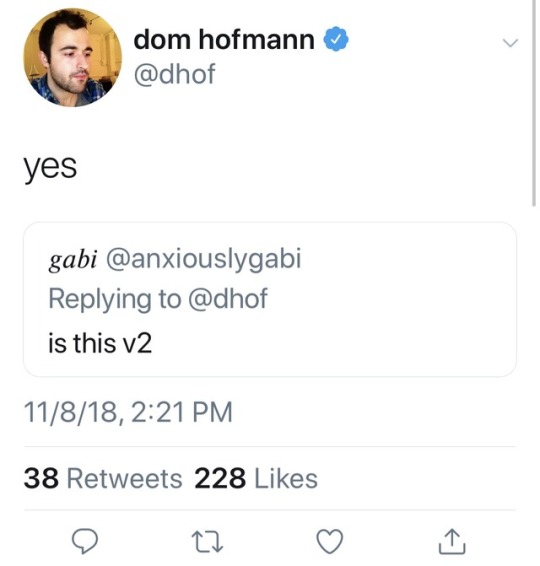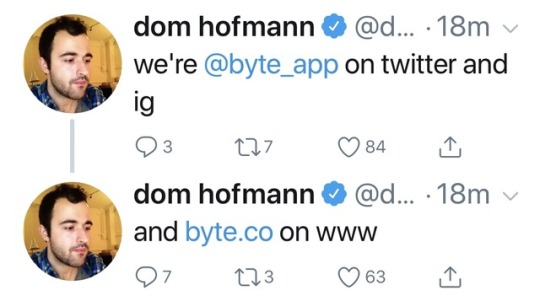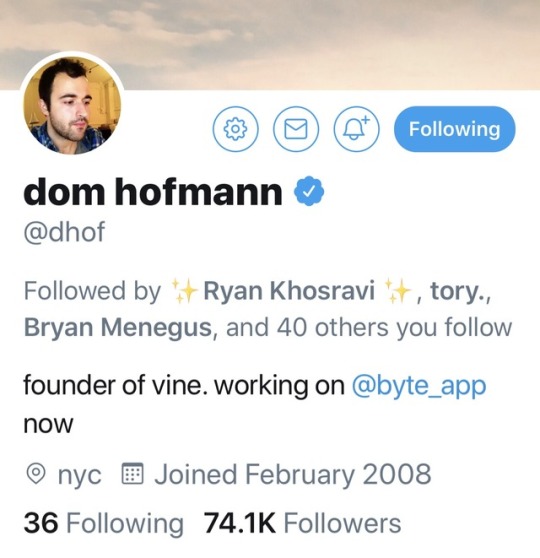Hey, it's been a while since I was here. I am an animator and all-around artist, and once I get some software, I should be posting soon!
Don't wanna be here? Send us removal request.
Photo
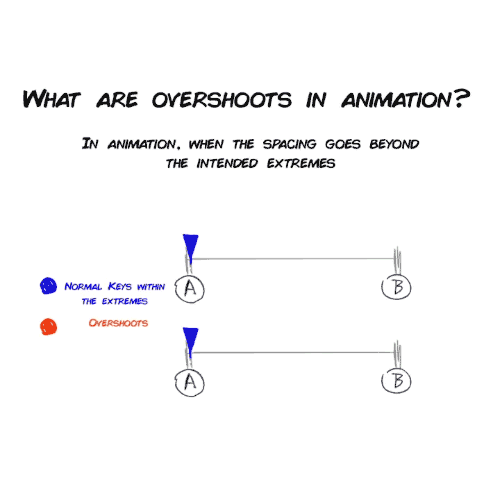

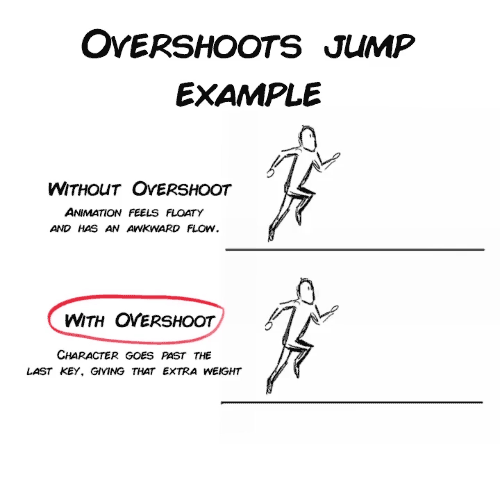
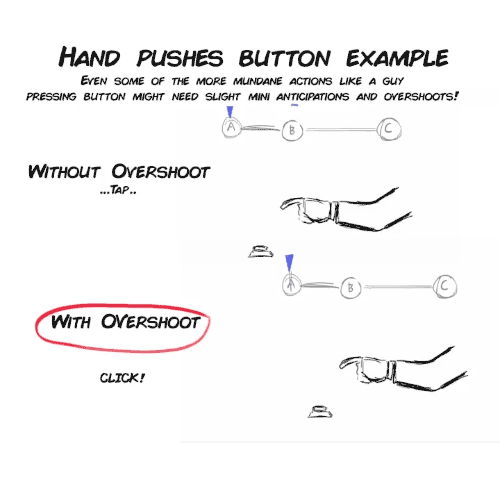
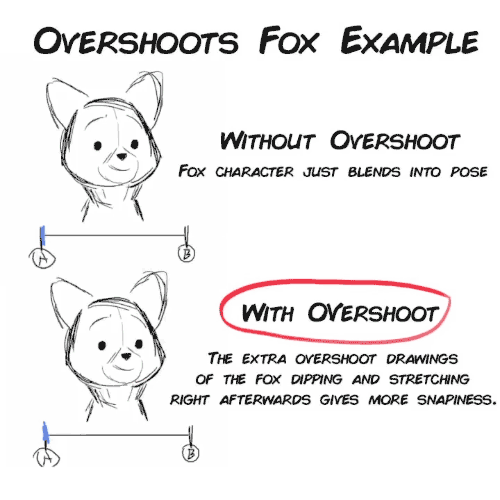

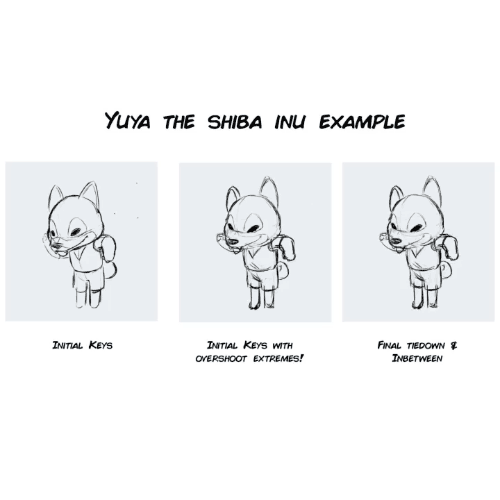
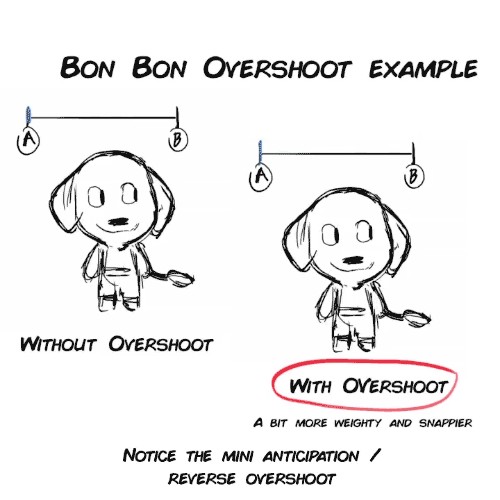
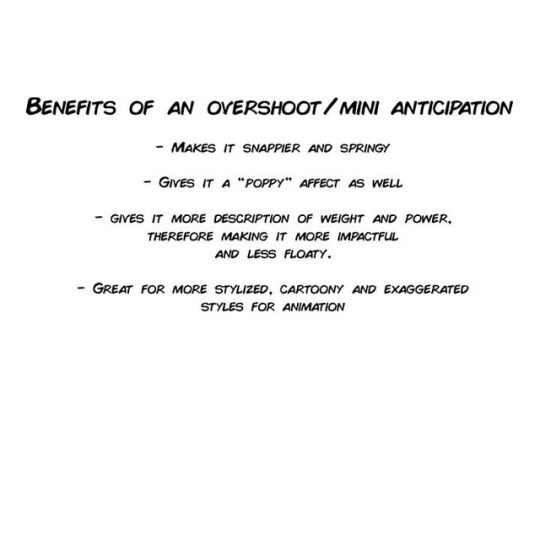
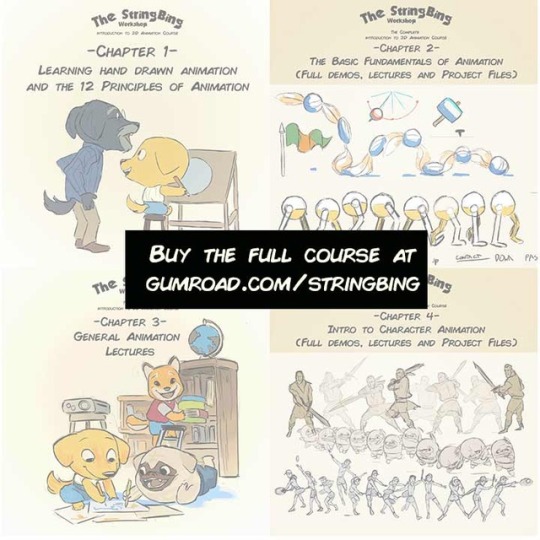
Overshoots and Mini Anticipations lecture from my Complete Introduction to 2D animation package.
https://gumroad.com/l/Introto2DComplete or you can buy each chapters, or my other tutorials: https://gumroad.com/stringbing
70K notes
·
View notes
Text
Some Photoshop Tips
I’ve been getting quite a few asks about the process for the patterns in my stylized artworks, so I decided to put together a couple of tips regarding them.
Firstly, what you need are
— CUSTOM BRUSHES —
Most of the patterns I use are custom brushes I made, such as those:
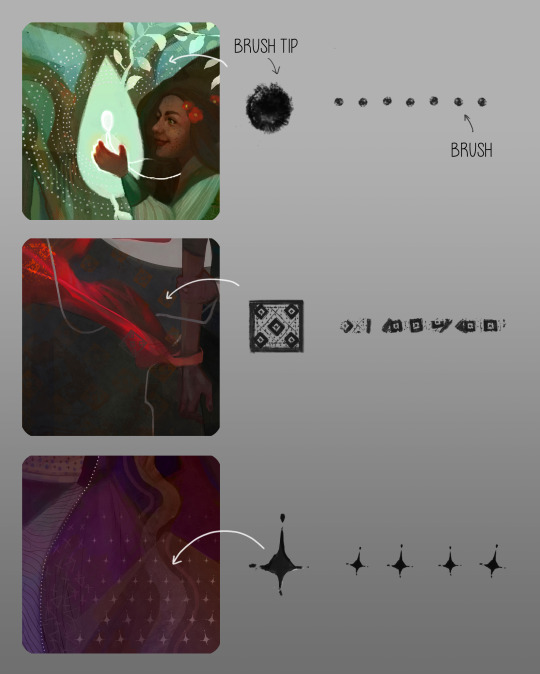
For the longest time I was convinced making brushes must be super extra complicated. I was super extra wrong. All you need to start is a transparent canvas (2500px x 2500px max):
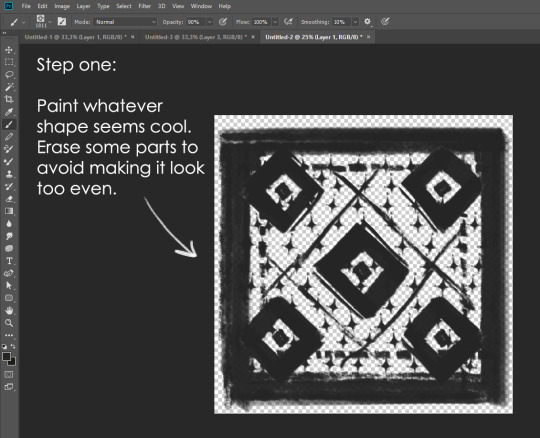
This will be your brush tip. When you’re satisfied how it looks, click Ctrl+A to select the whole canvas and go to ‘define brush preset’ under the edit menu
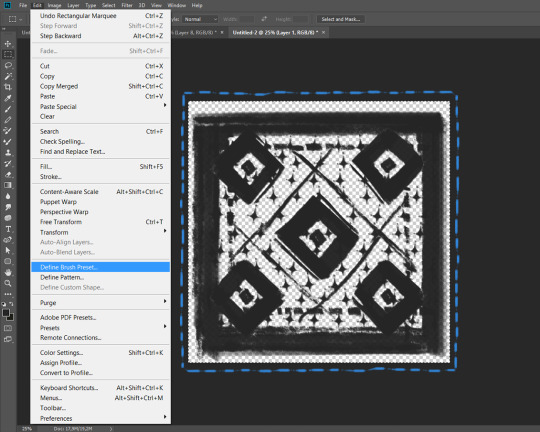
You will be asked to name your new glorious creation. Choose something that describes it well, so you can easily find it between all the ‘asfsfgdgd’ brushes you’ve created to be only used once

This is it. Look at it, you have just created a photoshop brush. First time i did I felt like I was cheated my whole life. IT’S SO EASY WHY HASN’T ANYONE TOLD ME
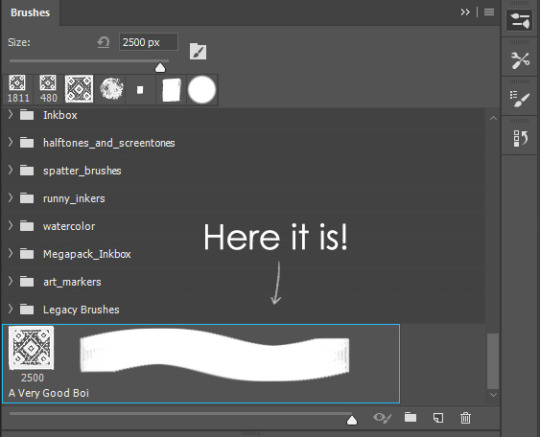
Time to edit the Good Boi to be more random, so it can be used as a Cool Fancy Pattern. Go into brush settings and change whatever you’d like. Here’s a list of what I do for patterns:
- under Shape Dynamics, I increase Size Jitter and Angle jitter by 5%-15%
- under Brush Tip Shape, I increase spacing by a shitload. Sometimes it’s like 150%, the point is to get the initial brush tip we painted to be visible.
- If I want it to look random and noisy, I enable the Dual Brush option, which acts like another brush was put on top of the one we’ve created. You can adjust all of the Dual Brush options (Size, Spacing, Scatter, Count) as you wish to get a very nice random brush to smear on your backgrounds
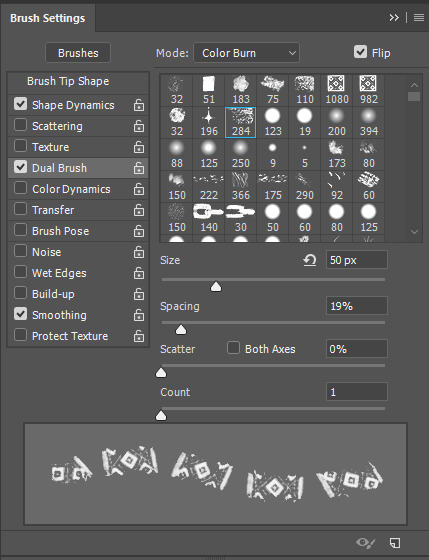
The result is as above. You can follow the same steps to create whatever brush you need: evenly spaced dots that look like you painted them by hand, geometric pattern to fill the background, a line of perfectly drawn XDs and so on.
BUT WAIT, THERE’S MORE
— PATHS —
But what if you want to get lots of circles made of tiny dots? Or you need rows of triangles for your cool background? Photoshop can do all of that for you, thanks to the magic of paths.
Typically, paths window can be found right next to Layers:
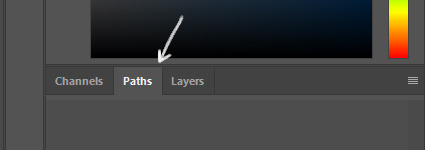
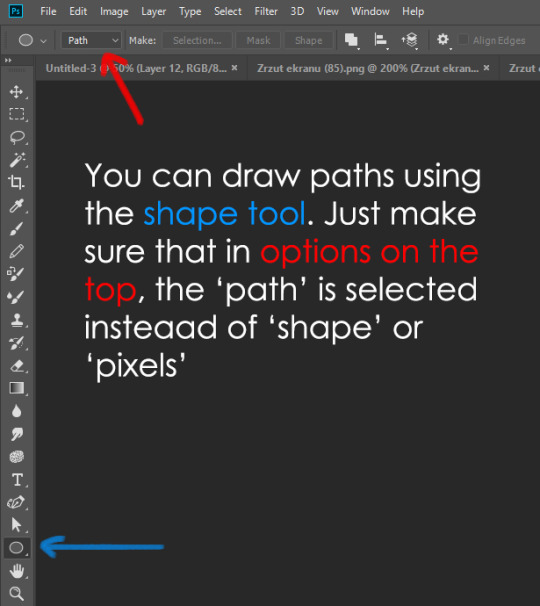
Draw whatever path you want, the Shape Tool has quite a bit of options. Remember, paths are completely different from brush strokes and they won’t show up in the navigator. To move a path around, click A to enable path selection tool. You can use Ctrl+T to transform it, and if you move a path while pressing Alt it will be duplicated.
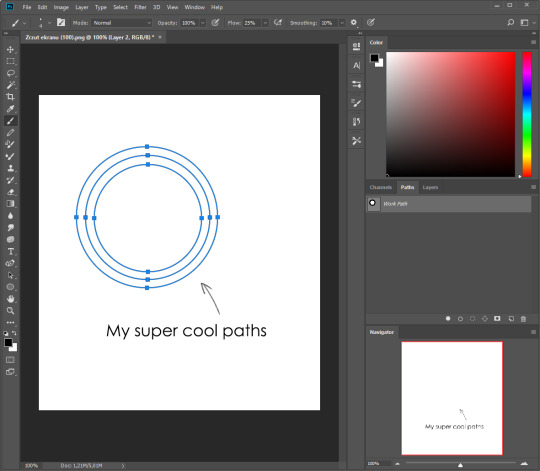
Now, pick a brush you wish really was in place of that path you’ve drawn and go to layers, then choose the layer you want it to be drawn on. Then, click this tiny circle under the Paths window:
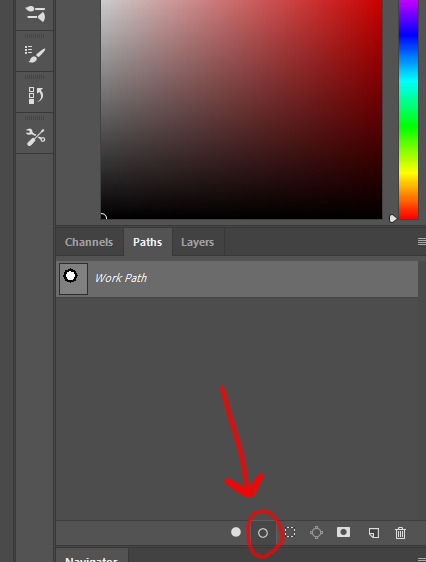
Then witness the magic of photoshop doing the drawing for you while you wonder how tf have you managed to forget about this option for the past 2 years
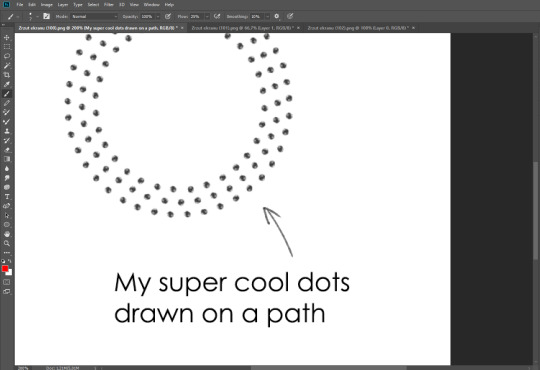
You can combine special brushes and paths for all sorts of cool effects. I mostly use them in backgrounds for my cards, but you can do whatever you want with them.
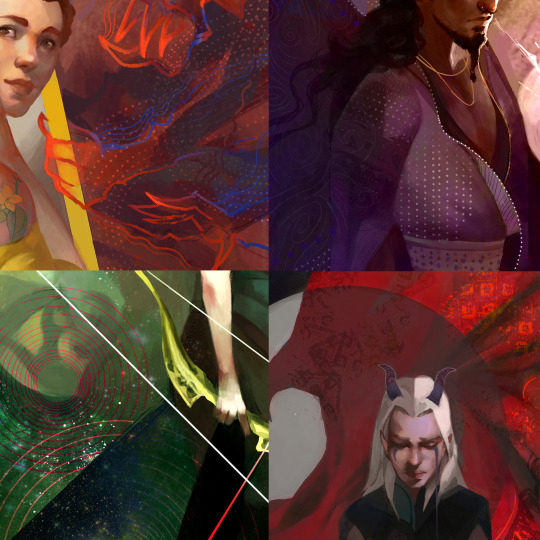
I hope that answers the questions for all of the people who were sending me inquires about the patterns. If you have any questions regarding this or any other Photoshop matter feel free to message me, I’m always up for complaining about how great and terrible Photoshop is C’:
93K notes
·
View notes
Photo

Re-do of this piece, just for fun! I still miss this show. ✨
5K notes
·
View notes
Text
Here are some backgrounds that I painted and composited for our Graduation film. Character posing and animation by @shen–yi @nicholasolivieri David Feliu and Juliana de Lucca.
297 notes
·
View notes
Photo


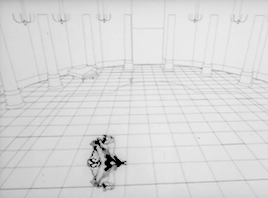




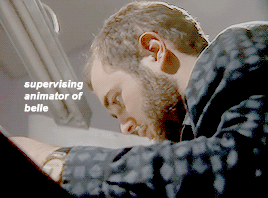
”James Baxter, who is one of the most amazing animators, still is, ever on the planet, has this chip in his head where he understands not only how to make Belle and the Beast dance, but also change it in perspective, so as the camera drops from the ceiling down to the level of Belle and the Beast dancing, that was drawn by a human being, a mere mortal with pencil and a piece of paper to fit into that beautiful computer graphics ballroom.” - Don Hahn, producer of Beauty and the Beast [x]
30K notes
·
View notes
Photo
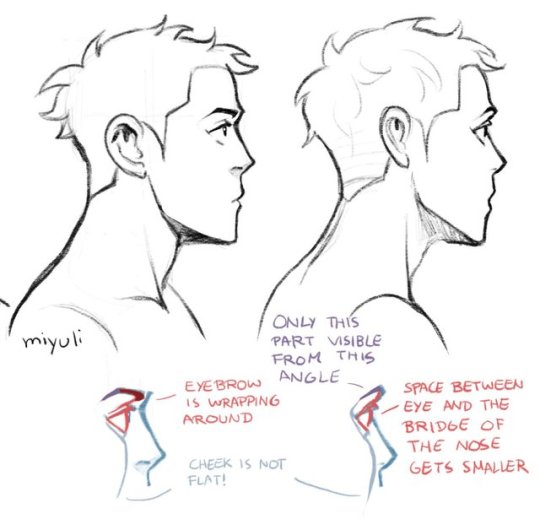
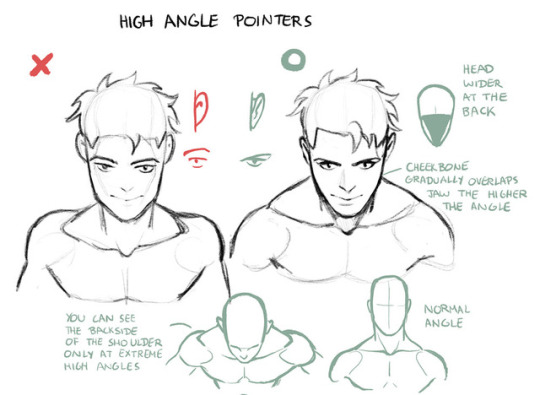
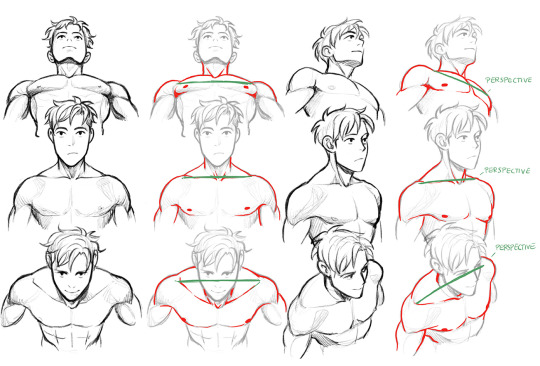
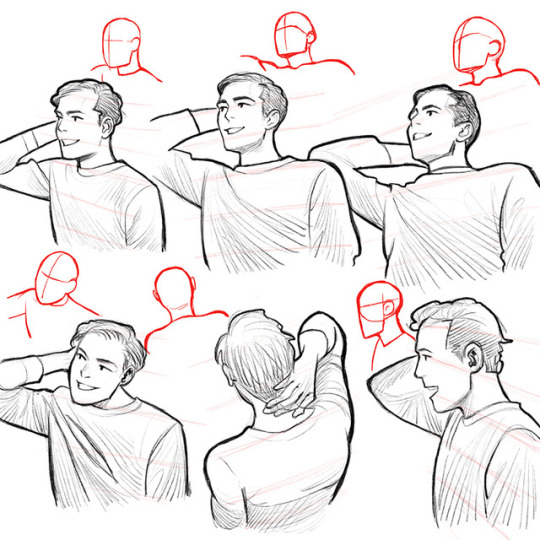
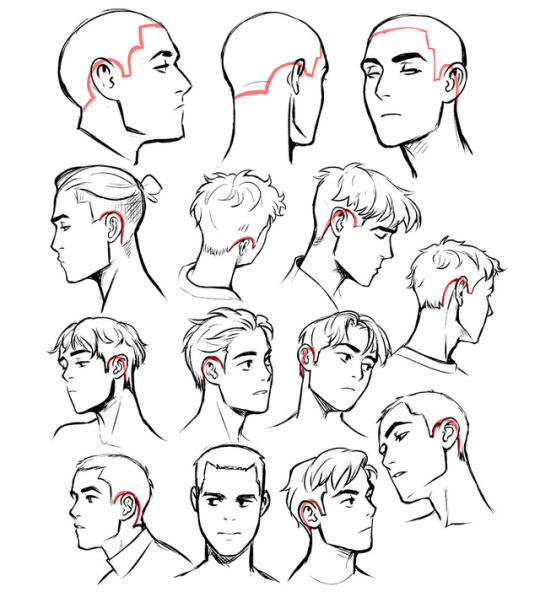
Some drawing tips previously posted on twitter. More drawing tips on my patreon. Hope some of these can be helpful.
82K notes
·
View notes
Photo
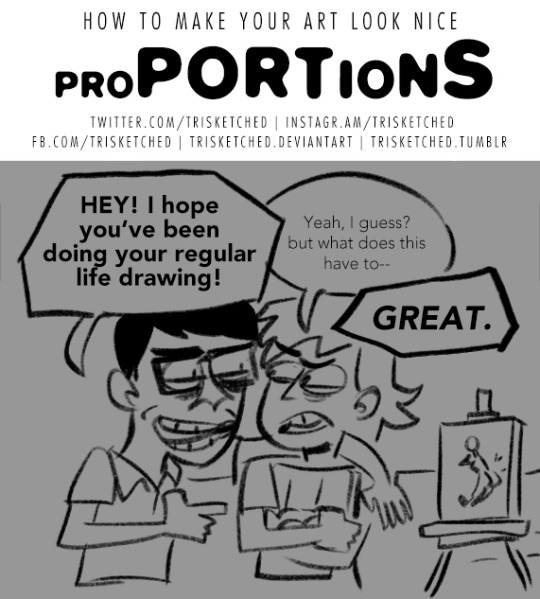


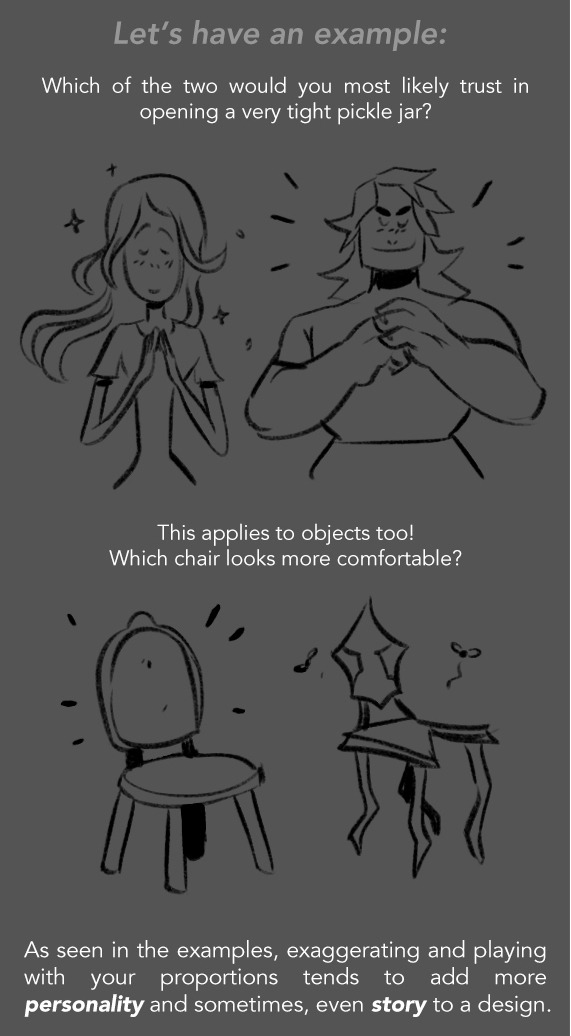

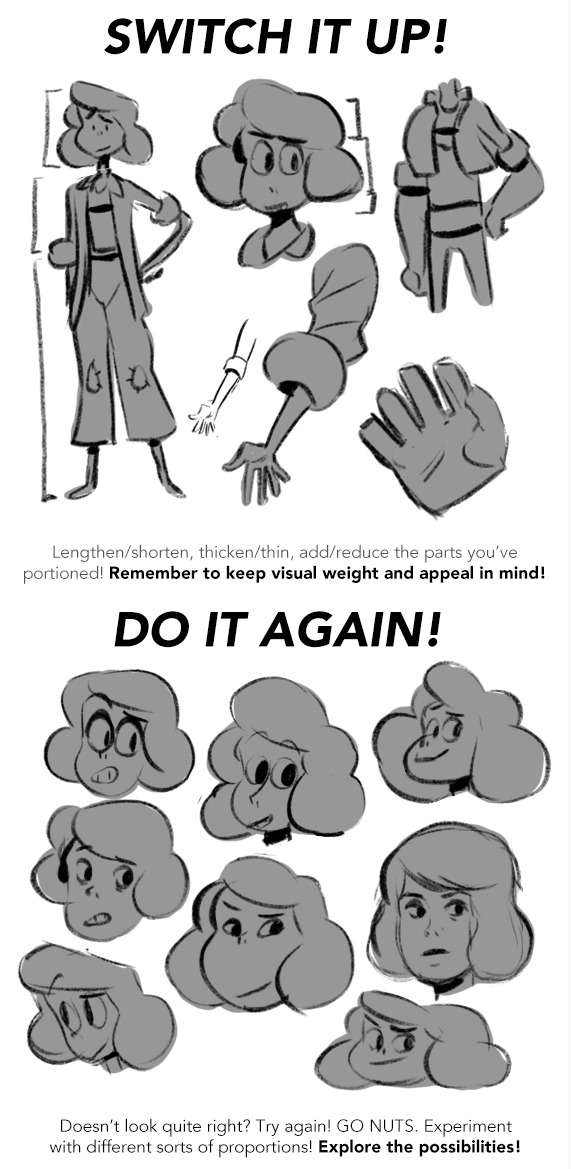

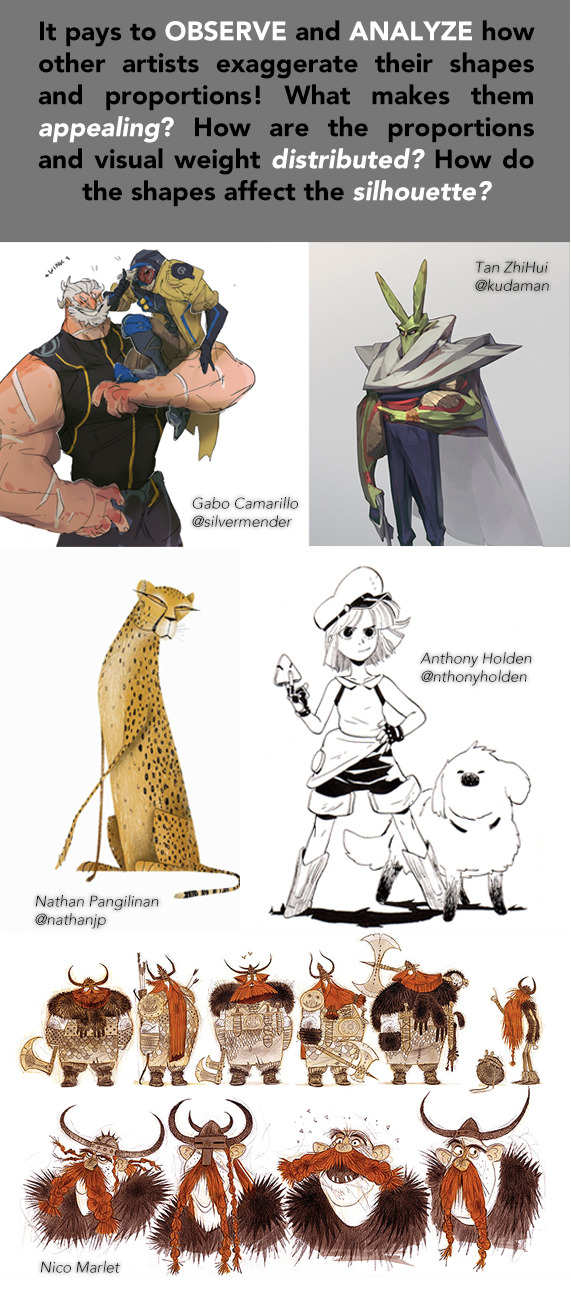
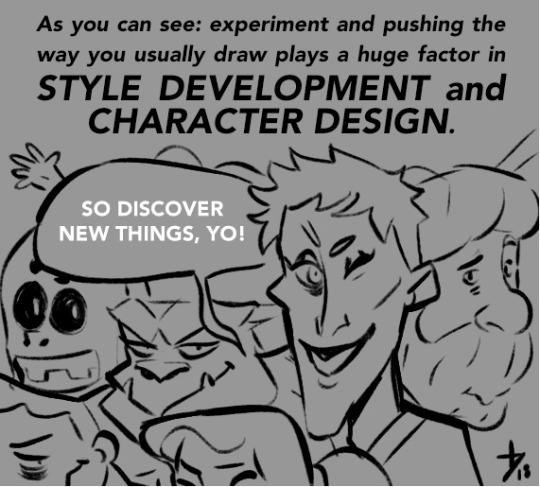
Feeling that your drawings can look a little bit more fun? Do your character designs seem a little bit static or generic? Maybe they need a small push to their proportions!
_________
The “How to Make Your Art Look Nice” Series
Developing Style | Lighting | Flow and Rhythm | Thumbnailing | Mindsets | Reference and Style | Color Harmony | Contrast
Consider supporting this series on my Patreon!
13K notes
·
View notes
Note
Do you have a degree in an art field?
Hey, sorry I’m answering this a million years late! I think tumblr has not been notifying me of new messages, so I have quite the backlog… Oops!
I do! I have two actually (and the debt to show for it omg ;__;). I have a B.A. in Studio Art (I was fresh out of high school and unluckily picked an otherwise wonderful university where it turned out the art department hated any kind of skilled/commercial/figurative art like illustration and animation, and thus really didn’t learn anything about art there except in history classes). So, I transferred some credits from that degree and went to art school where I got my B.F.A. in Media Arts & Animation (best decision ever, I learned so much) and right after that, landed a job as a 2D animator/designer! Still thankful. :)
4 notes
·
View notes
Note
Do you have any tips/tutorials/books you can recommendations when it comes to drawing more "cartoonish" art instead of realistic like the style you draw when you draw Sirius :)) sorry if this doesnt make sense but my english isnt that good :/
Hi anon! I think the two biggest sources of inspiration for me for drawing in a cartoony style are 1) looking at how my favorite artists (the list these days would be pages long, I follow over 1k artists on instagram) handle individual things like eyes, noses, hair, and then remembering those techniques when drawing those features in my own work and 2) poring over behind the scenes art from animated movies like you can find on pinterest or in the “art of” books they make these days. As far as specific artists who probably influenced what became my “style” when it formed in the early days of learning, off the top of my head: Loish, Makani, Burdge, Viria, Phobs, (can you tell fan art got me into art lol?), Glen Keane, way more I’m blanking on. I just stared at their work and tried (not very successfully) to handle aspects of mine in a similar fashion. Wish I had a better answer! As far as books that I think have influenced me: The Art of Tangled, The Art of Frozen, Drawing the Head & Figure by Jack Hamm, and children’s picture books. Best techniques I know for improvement: draw what you love (it will motivate you to keep drawing) and look up pose/object/bg reference (you’ll get better faster than relying on just your memory). :)
2 notes
·
View notes
Video
Kidding (2018)
This is called
Shaynas Sequence
218K notes
·
View notes
Photo
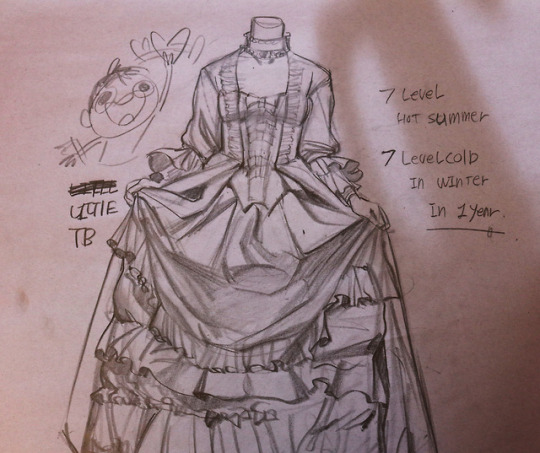
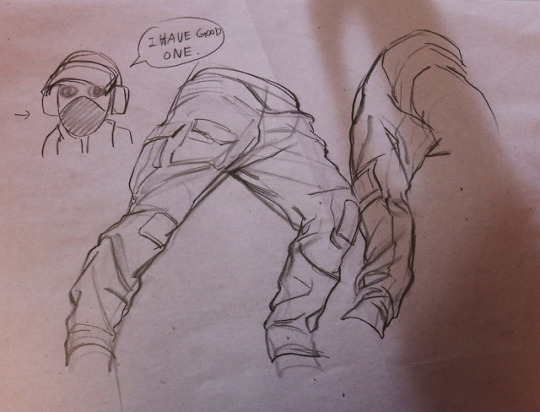
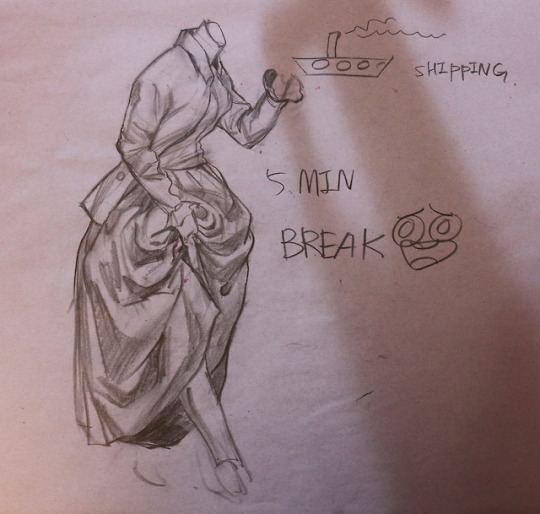
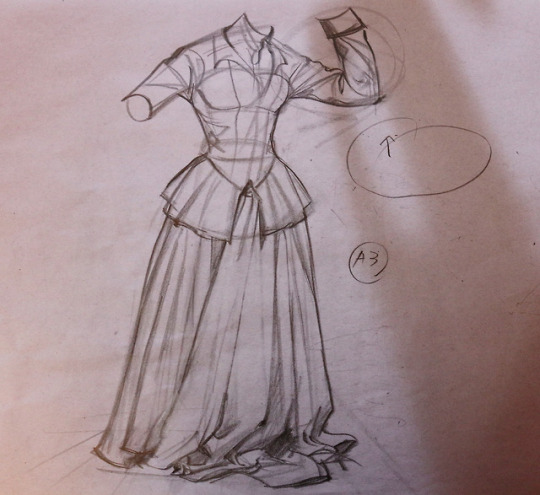
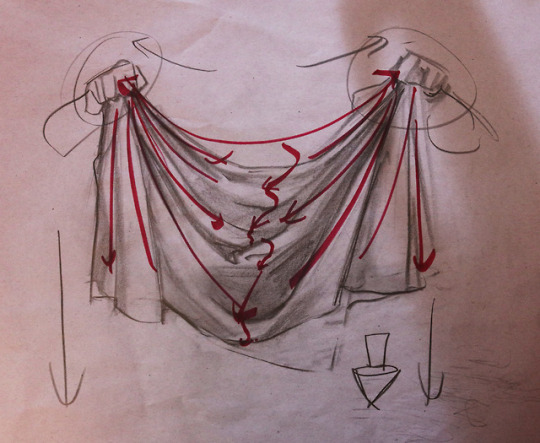
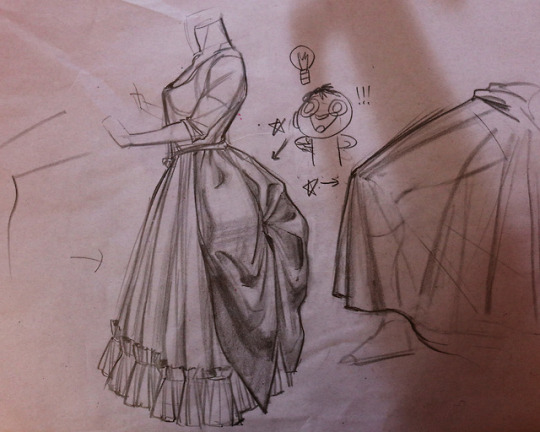
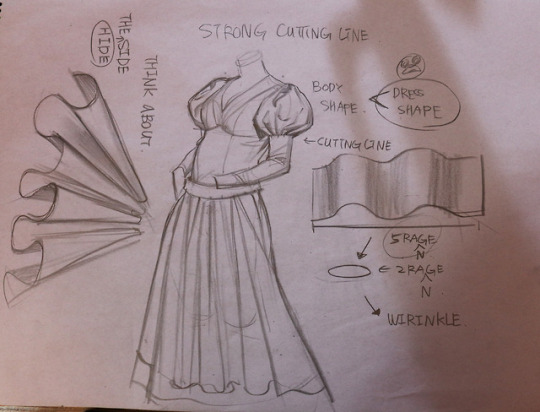
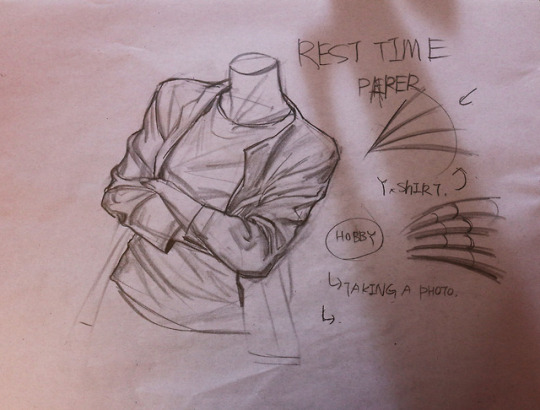
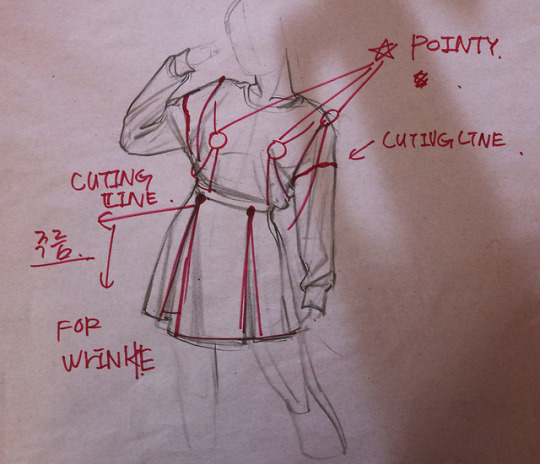
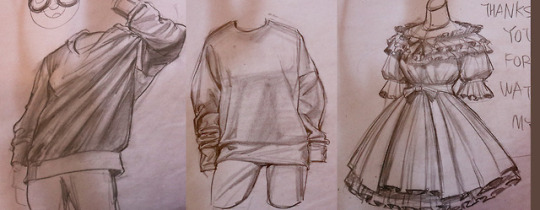
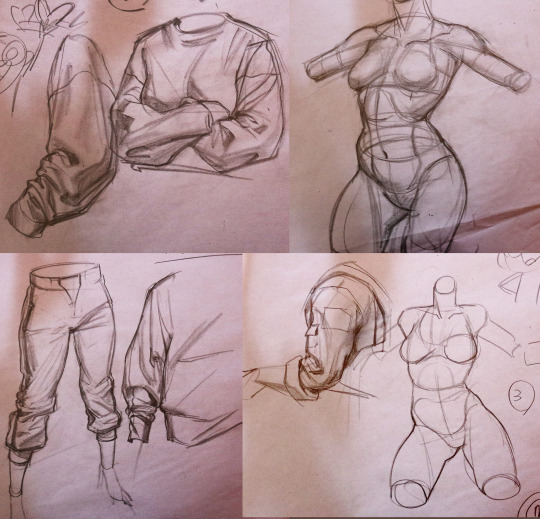
Hand pencil drawing live stream on Twitch
https://www.twitch.tv/tbchoi
30K notes
·
View notes
Text
good things about tvtropes:
coined/popularized a number of terms for various tropes (including the word “trope” itself), streamlining discussions about media
exhaustive cataloging of examples makes it a helpful tool for discovering new stories (or finding ones to avoid) based on a person’s favorite character types or story elements
lack of “notability” requirements opens a theoretically equal amount/depth of analysis to everything from classic literature to children’s television to youtube video game review channels, making media analysis more accessible and appealing to people who may not be familiar with the “great works” of a particular medium
bad things about tvtropes:
level of analysis ranges from “film studies major” to “watched a nostalgia critic video once”
39K notes
·
View notes








